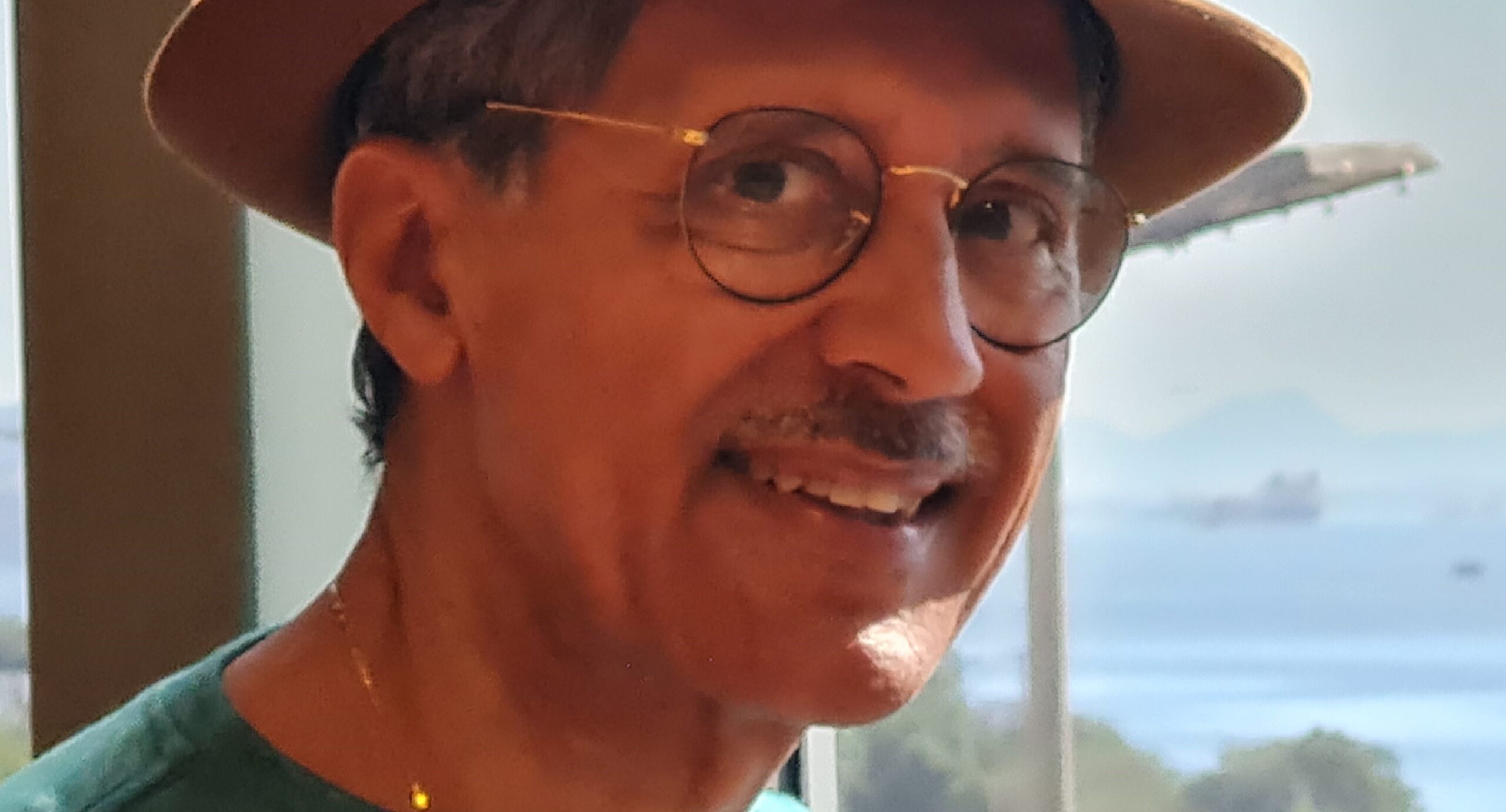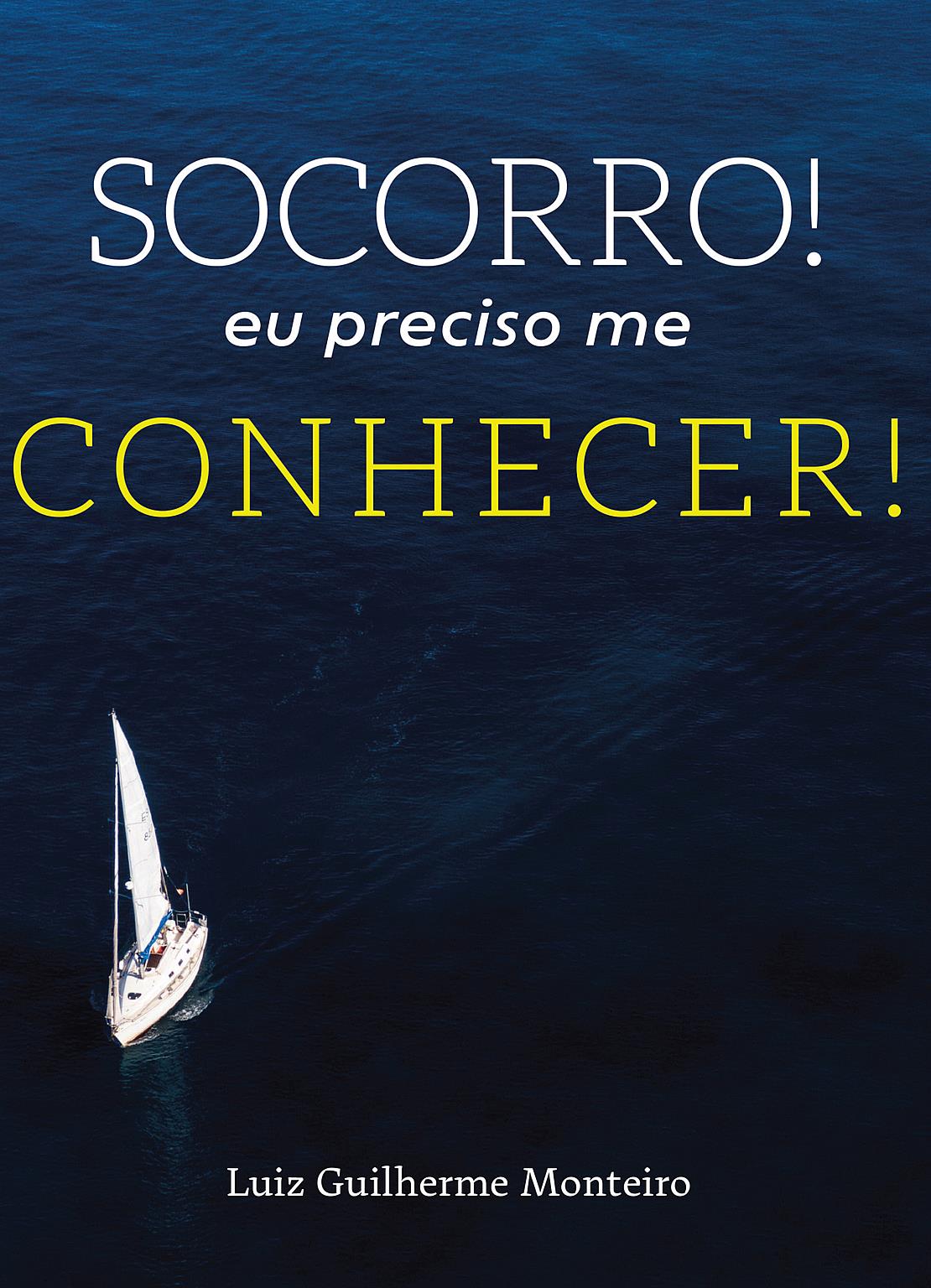
In Help! I Need to Know Myself!, the writer and graduate in Nautical Sciences Luiz Guilherme Monteiro takes readers on a journey of self-knowledge and reflection on their own existence. Divided into three “ports” – Origin, Purpose and Behaviors –, the book explores everything from the idea of an Intelligent Designer as Creator to the practical application of DISC Behavioral Theory, offering tools to improve communication, relationships and cultivate faith. Monteiro proposes a renewed look at understanding personal essence and discovering life purpose through a technical and spiritual perspective.
The quest for self-knowledge is something that many of us feel, but few truly seek to understand deeply. What motivated you to write a book about this journey of self-discovery and, more specifically, about the idea of an “inner compass”?
My professional journey has been quite eclectic. Throughout my life, I have eagerly embraced every opportunity that has come my way. I began my career training to become a military aviator in the Brazilian Air Force, but I graduated as a radio communications officer in the Merchant Navy. I ended my active working life as an employee of Petrobras after working in several areas of the company, such as Ship Chartering, Customer Service, Human Resources, Auditing, Engineering and Offshore.
Change has always been a constant in my life. I just haven’t changed my wife, with whom I have lived happily for 38 years. However, there was a moment in my timeline when I felt the need to find my inner compass that would help me discover my natural talents in its hands that would point me in a more assertive direction. That was when I began my process of self-knowledge, which began with a career interview, followed by training in coaching and behavioral analysis. My journey of self-discovery during the crossing of the sea of life was the motivation for writing the suggestive title Help! I Need to Know Myself!
You address the idea that the purpose of life lies not in each of us, but in those who created us. How did you come to this view and what does it mean to you personally?
I believe that by placing itself as the center of the universe, humanity has been heading towards its own destruction. The correction of this course lies in recognizing that there is a brilliant transcendent mind that created the universe, and us too, that is and reigns over the universe. We did not arise by chance through slow, gradual and successive natural processes over billions of years. We were planned, we were created!
Therefore, if we want to begin to know ourselves, it is to this creator that we must ask about the purpose of our existence. The meaning of life lies in this discovery.
The book is divided into three “ports”: Our Origin, Purpose, and Behaviors. Can you tell us a little more about what each of these ports means and how they help the reader better understand themselves?
Naming the chapters after ports was my nautical touch to bring to the reading the sea breeze of the writer’s experience. Thus, in the port of origin, I present the concept of the Intelligent Designer, the brilliant mind that modern scientists surrender to in the face of chemical evidence that there is only one rational possibility for life to exist. If there is a creator. The complexity of life, with all its order and balance, would not have the slightest viability of existing through a natural process, through chance.
Personally, like most Nobel Prize winners, we call this creator God. And God left us a compass to discover who He is, His attributes and how to reach Him since we were created in His image and likeness. This compass is the Holy Bible.
In the second port, the concept of purpose is presented, as well as God’s main purpose for planning and choosing you before you were even formed in the womb. And I end this unprecedented itinerary by presenting in the third port the concept of the universal language DISC, which analyzes our main natural behavioral factors that will help us understand how we behave.
You mention the concept of Intelligent Designer as the Creator of the universe. How does this understanding change the way we view the world and our own purpose in life?
“Life is a journey to find who we were born to be.” Alexandre Ribas
When we discover that we have a Creator God, that we were planned, that we have a set time, that we were created to reflect and reproduce His moral and holy attributes every day, we begin to understand that we are spirits in physical bodies being perfected to live an eternal life after the end of our existence. Obeying God is the beginning of wisdom, the Holy Bible teaches us.
All other personal purposes must be aligned with God’s purpose. Human happiness lies precisely in this alignment. This worldview is what changes the way we see the world.

The DISC methodology, which analyzes human behavior, is one of the pillars of your book. What does DISC theory reveal about us and how can it help us improve our social and professional interactions?
First of all, it is important to understand that human complexity cannot be explained by DISC theory alone. After all, the Bible teaches us that we were created a little lower than the angels. Imagine that!
But DISC language helps us improve our social and professional interactions when we discover our two main behavioral factors. Because, by knowing ourselves, we will be able to better understand the others with whom we interact.
So, if you have a strong D (for dominance) you will be motivated by challenges, effectiveness and will seek results. If you have a strong I (for influence) you will be motivated by freedom, creativity and will seek relationships. If you have a strong S (for stability) you will be motivated by security, loyalty and will seek collaboration. Finally, if you have a strong C (for caution) you will be motivated by high standards, efficiency and will seek precision.
You talk about two types of behavior: natural and adapted. How can we identify our natural behavior and how can it help us understand who we really are?
Natural behavior is innate and difficult to change. It is what we exhibit when we are in a familiar environment or when faced with an illness or when exposed to some difficulty that we cannot control. In these situations we will behave as we really are.
Adapted behavior is when we behave according to the goals we seek. Knowing this, we will use the source of our energy (natural behavior) to adapt (adapted behavior) to the different environments in which we will have to move.
After all, to understand our relationships with people, we need to understand ourselves, as Bill J. Bonnstetter said .
In your book, you also highlight the importance of cultivating faith. How can this practice help a person find more clarity in their search for self-knowledge and purpose?
Bertrand Russell , a British philosopher and atheist, said that “Unless one admits the existence of God, the question of the purpose of life is meaningless.” The Christian faith points to a Creator who loves and desires a personal relationship with you and communicates to you your ultimate purpose for existing.
The Holy Bible teaches us that in human history there was a great wise man who experienced almost everything during his life. At the end of his life, he discovered that everything was vanity. And that satisfaction and happiness lie in demonstrating the glory of God in the life He offers us.
The book does not exhaust this subject, but it piques curiosity with this light guide to navigating towards self-knowledge.
Finally, as you reflect on the journey of self-discovery, what do you consider to be the biggest obstacle for those trying to discover their purpose and live in accordance with it? How can they be overcome?
The biggest obstacle I see is that people waste their time waiting for an ideal purpose for their life. Whereas, the ideal is to be attentive to the opportunities that will come to them.
Get moving, learn from God, your creator, understand that there is a divine mission that you must fulfill in all the choices you make and discover and perfect your talents that you received from Him.
On this path you will find happiness.
Follow Luiz Guilherme Monteiro on Instagram


